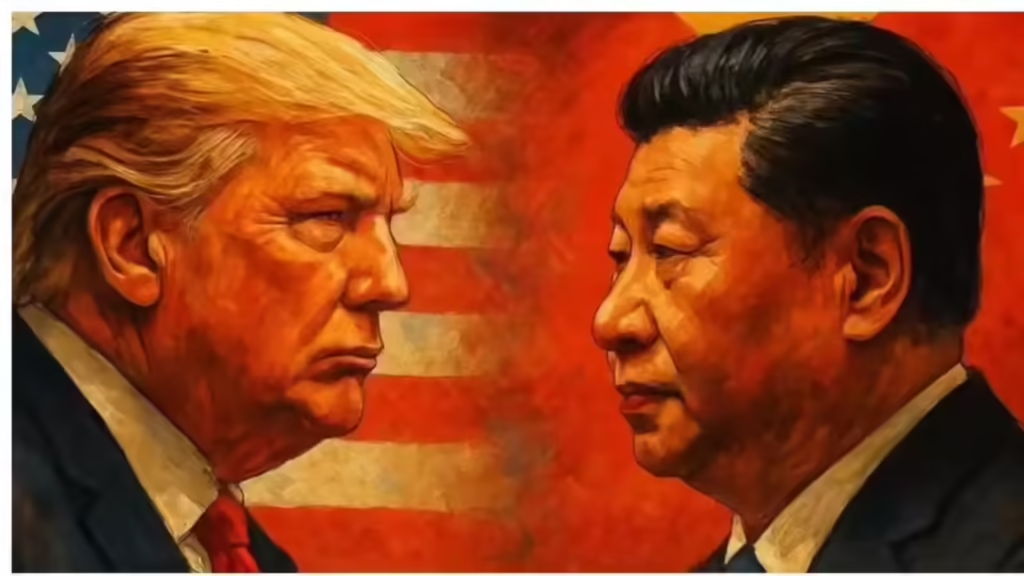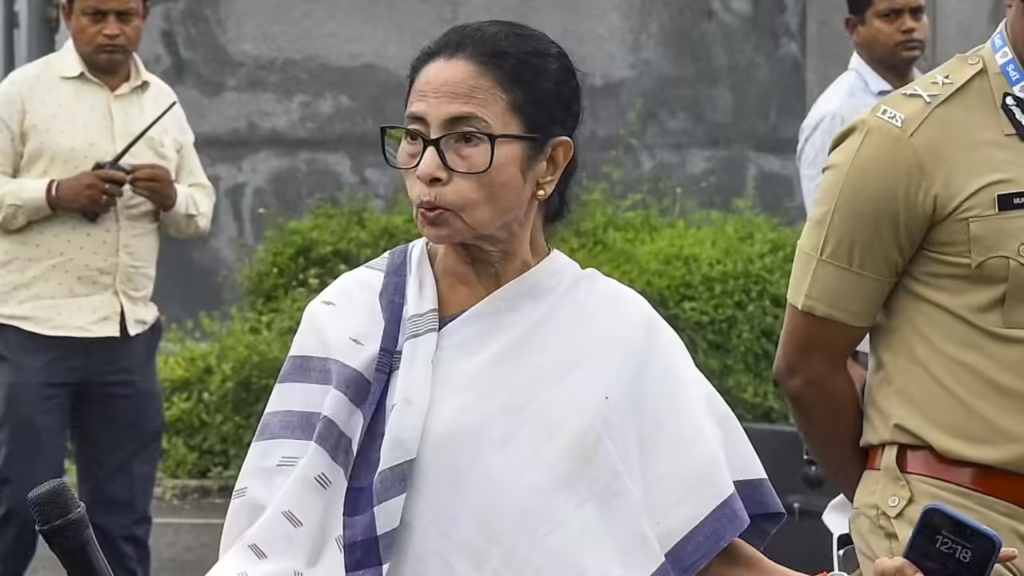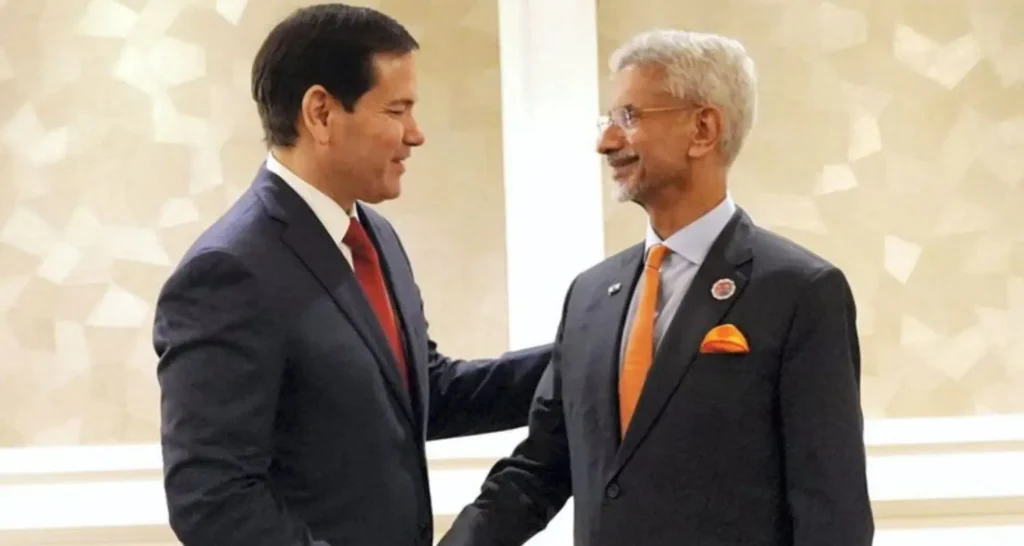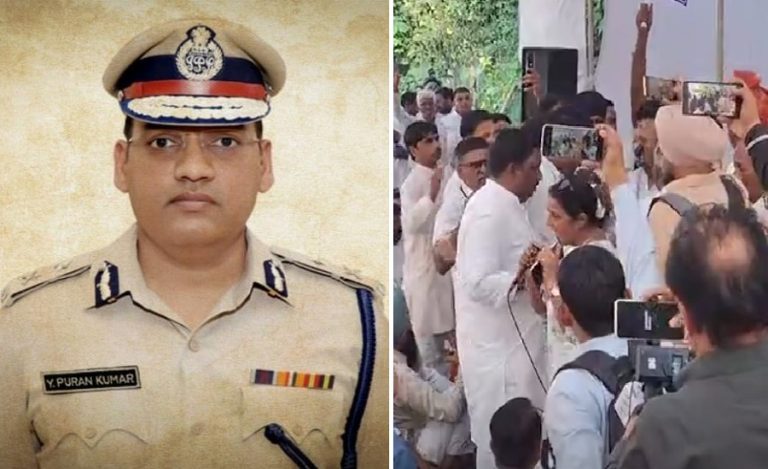Now Reading: “Infiltrator” Charge: Akhilesh Yadav’s Attack on Yogi Stirs Political Storm
-
01
“Infiltrator” Charge: Akhilesh Yadav’s Attack on Yogi Stirs Political Storm
“Infiltrator” Charge: Akhilesh Yadav’s Attack on Yogi Stirs Political Storm
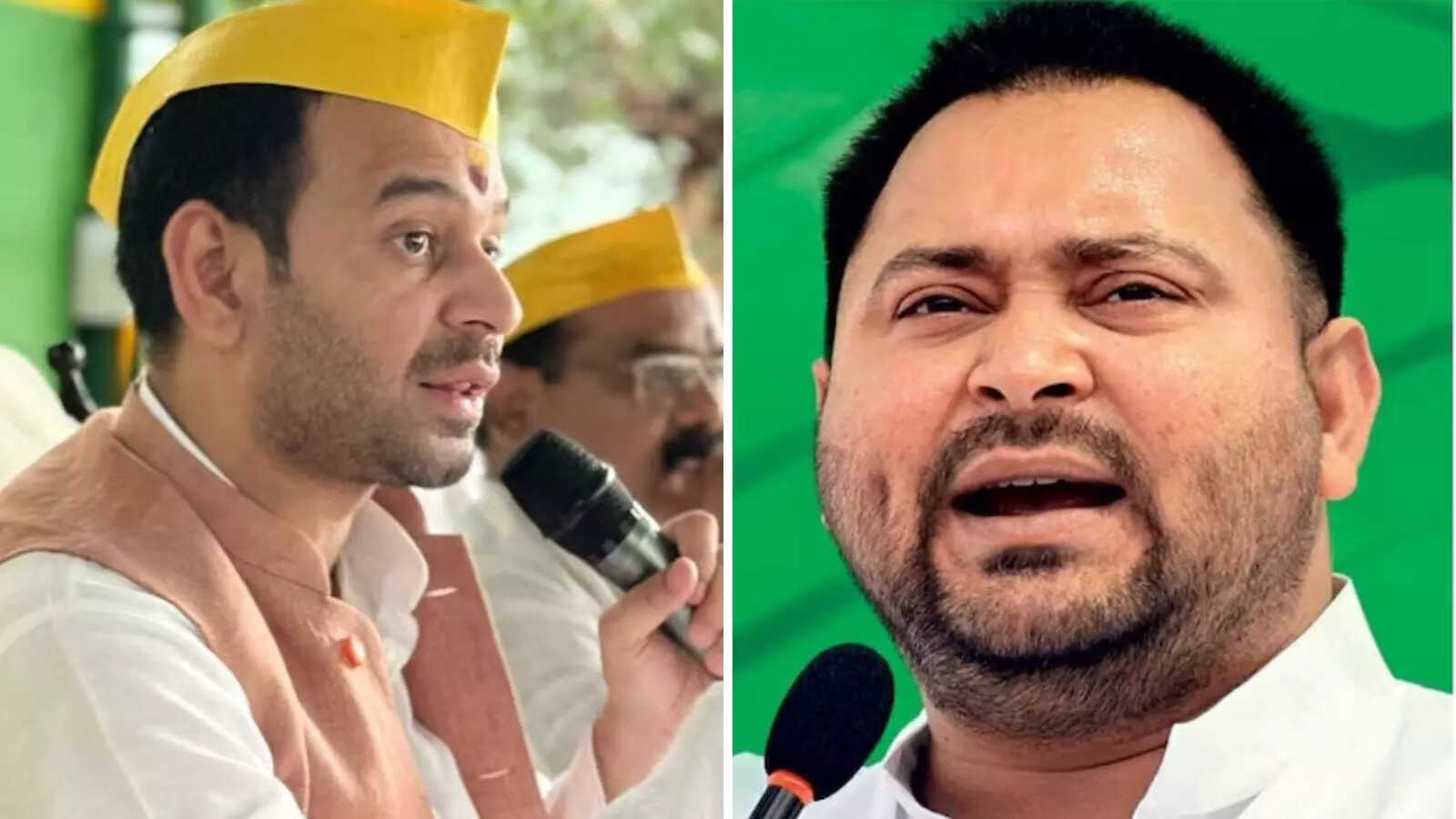
Samajwadi Party leader Akhilesh Yadav has launched a sharp verbal assault on Uttar Pradesh Chief Minister Yogi Adityanath, calling him an “infiltrator” who should return to his home state of Uttarakhand. In doing so, he accused the BJP of double standards—questioning the legitimacy of political figures and challenging narratives of regional identity. The exchange underscores deepening tensions ahead of upcoming elections.
The Provocative Claim
Addressing reporters at Lohia Park in Lucknow, Akhilesh said that the CM’s roots in Uttarakhand make him an outsider in Uttar Pradesh politics. He alleged that beyond geography, Adityanath is also an “ideological infiltrator”—suggesting his values and loyalties don’t align with UP’s culture and electorate.
He didn’t stop at identity. Akhilesh criticized BJP’s statistical claims and data about migration, calling them “fake” and contradictory. He argued that while the BJP labels others as infiltrators, it overlooks those within its own ranks who don’t “belong”.
BJP’s Possible Counters
Unsurprisingly, BJP leaders have pushed back. They are likely to frame Akhilesh’s remarks as political deflection—an attempt to distract from criticisms on governance, law and order, and development. They may also counter-accuse him of identity politics, pointing to his own electoral strategies in various parts of the state.
Additionally, the party might question whether focusing on personal origins helps with real voter issues: jobs, infrastructure, crime, and agriculture. The public discourse could shift toward whether such attacks help or hurt public trust in political discourse.
Why It Resonates in Tier-2 and Beyond
In smaller cities and towns, identity politics often carries weight. Voters here remember where leaders come from, how well they understand local problems, and whether they “feel” like insiders. Charges like “infiltrator” may influence communities in Awadh, Bundelkhand, or Purvanchal more deeply than in metros.
At the same time, in these regions, issues like lawlessness, development deficits, and caste equations often matter more. When political leaders focus on origin rather than delivery, many voters might see it as a distraction from more urgent governance failures.
Risks and Implications
Such rhetoric raises concerns. First, it can deepen polarization based on birthplace or culture. Second, a politics of purity and belonging can sideline performance. Third, it may encourage other parties to play origin-based card, lowering the tone of public debates.
If this becomes a trend, elections may not be about policy or leadership, but about who “belongs”—which risks marginalizing voices from migrant or minority backgrounds.
What Voters Should Watch
- Do debates shift focus back to governance and development?
- How do local media and civic voices respond—do they push back against identity attacks?
- Will the BJP use performance and rhetoric to counter this, or engage in tit-for-tat identity politics?
Conclusion
Akhilesh’s “infiltrator” label has injected new heat into Uttar Pradesh politics. It’s a provocative line that can mobilize identity feelings as much as it can distract from core issues. For voters, especially in smaller cities, the test will be whether political battles turn toward doing or just declaring.








